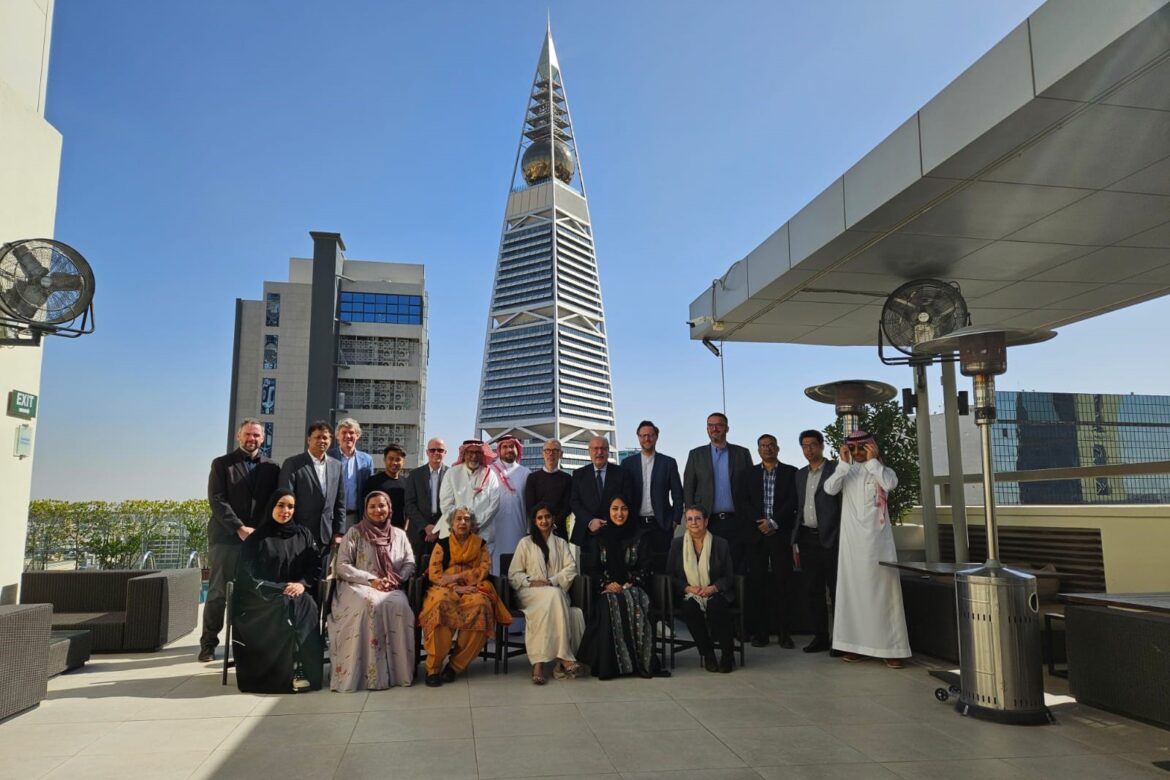Dr. Nasra Shah presented her joint work with Ms. Memoona Qazi, titled, Most Favored Destination for Pakistani Migrants: Saudi Arabia, at a workshop organized by the King Faisal Centre for Research and Islamic Studies, Riyadh, on February 19th, 2024
The workshop was titled Labor Migration Patterns and their Role in Economic Diversification and Sustainable Development in Saudi Arabia: Acceptance and Resistance Towards Achieving Saudi Vision 2030. It featured research exploring different aspects of migrant work in Saudi Arabia. Dr. Shah and Ms. Qazi’s work discussed the trends and patterns of Pakistani migration to Saudi Arabia since 1971. It also reflected on the role of Pakistani migrants in achieving Vision 2030 and the challenges they face. Informal migration processes and the role of sponsors (kafeels) in procurement of work contracts were particularly discussed. Moreover, this work highlighted the potential repercussion of the newly introduced skill certification rules on the future of Pakistani migration to Saudi Arabia.






